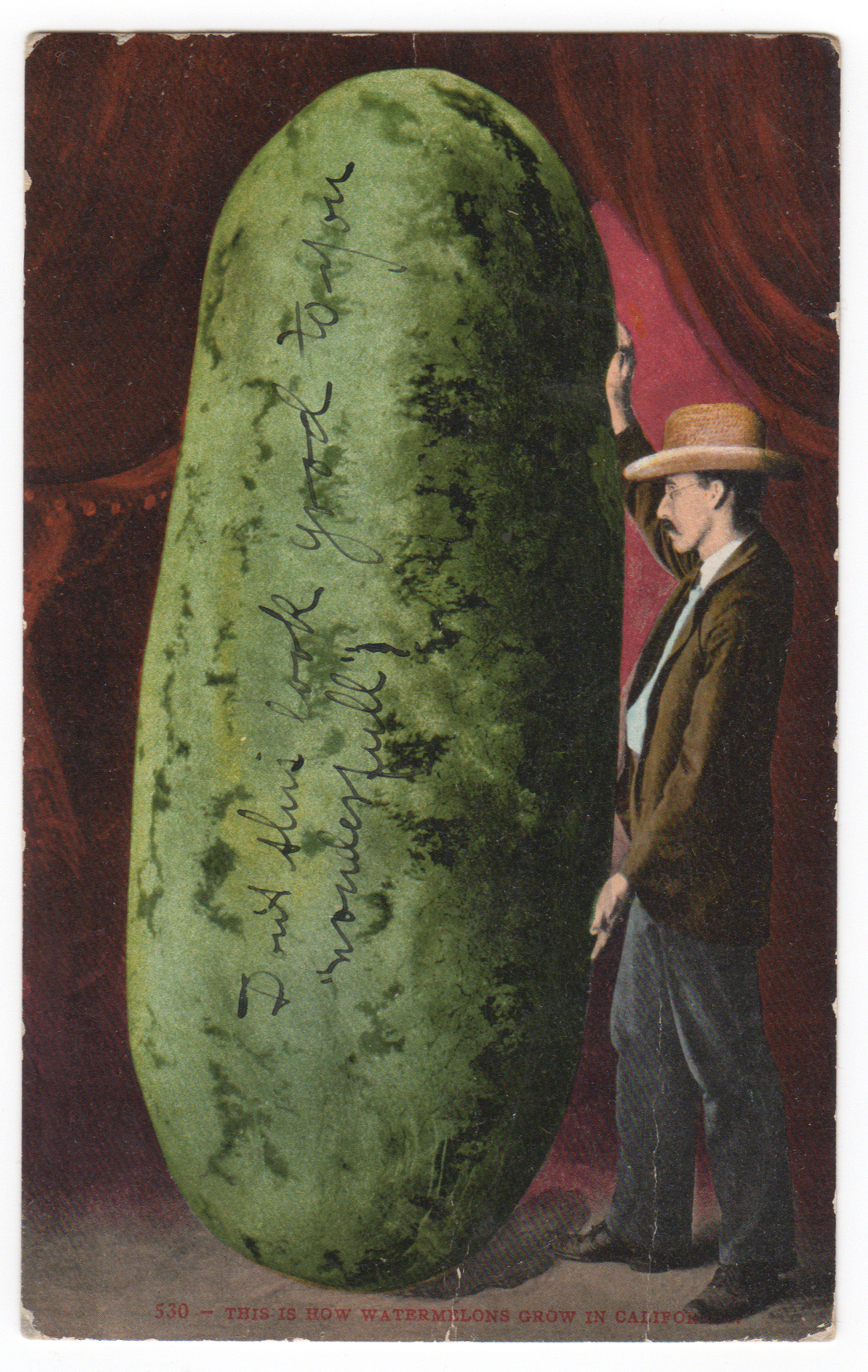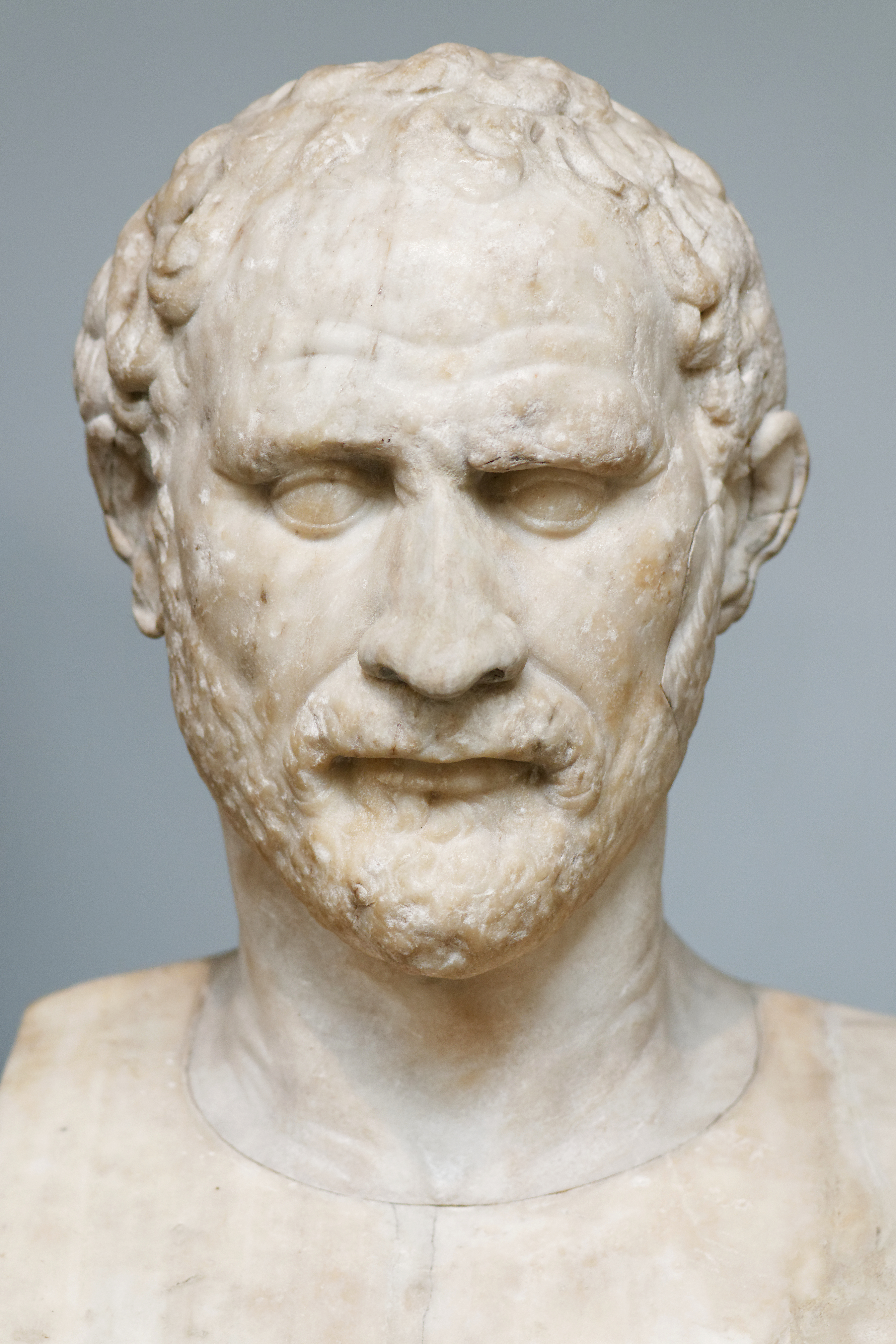
Idiom Definition: The Colourful Expressions of Language
Explore idioms, phrases with meanings beyond their words, rooted in Greek for “personal,” showcasing the rich, figurative language unique to cultures.
But you don't know it
Definition: Philology is the study of language in written historical sources; it is a combination of literary studies, history, and linguistics. It includes the study of texts and their meaning, as well as the historical and cultural contexts in which those texts were conceived, written, and interpreted.
Etymology and Origin: The word “philology” is derived from the Greek words “φίλος” (philos), meaning “loving” or “fond of,” and “λόγος” (logos), meaning “word,” “speech,” or “study.” Thus, philology can be understood as the ‘love of words’ or ‘study of language.’ It entered the English language in the 14th century, originally referring more broadly to learning and scholarship.

Explore idioms, phrases with meanings beyond their words, rooted in Greek for “personal,” showcasing the rich, figurative language unique to cultures.

Discover “article,” a term with Greek origins meaning “joint,” symbolizing segments in writing and essential connectors in grammar.

Unravel the intricacies of orthography, the system governing correct spelling and writing in languages, rooted in the Greek tradition of ‘correct writing’.

Explore the meaning of ‘praxis’, a term that signifies the practical application of theory, from its Greek roots to contemporary usage.

Explore the apostrophe’s dual roles in English punctuation, from showing possession to indicating omitted letters, rooted in Greek rhetoric.

Discover ‘neologism’, a term for new words or expressions, tracing its roots to Greek and symbolizing the dynamic nature of language.

Explore ‘utopia’, a term coined by Thomas More, symbolizing an ideal society, derived from Greek ‘ou’ (not) and ‘topos

Discover ‘acronym’, derived from Greek ‘akros’ and ‘onym’, signifying a word formed from initial letters of other words.

Hyperbole, from Greek ‘hyper’ (over) and ‘bole’ (throw), refers to exaggerated statements for dramatic effect.

Rhetoric is a Greek word (Ρητορική – rhitorike). Originates from Greek word Ρήτωρ – Rhetor (Ρήτορας in Modern Greek) which is someone that speaks in public.

 Consider supporting the author with just $1 —a small gesture for you, but a significant boost for ongoing explorations and maintaining this space. Every dollar helps cover hosting, domain, and service fees.
Consider supporting the author with just $1 —a small gesture for you, but a significant boost for ongoing explorations and maintaining this space. Every dollar helps cover hosting, domain, and service fees.